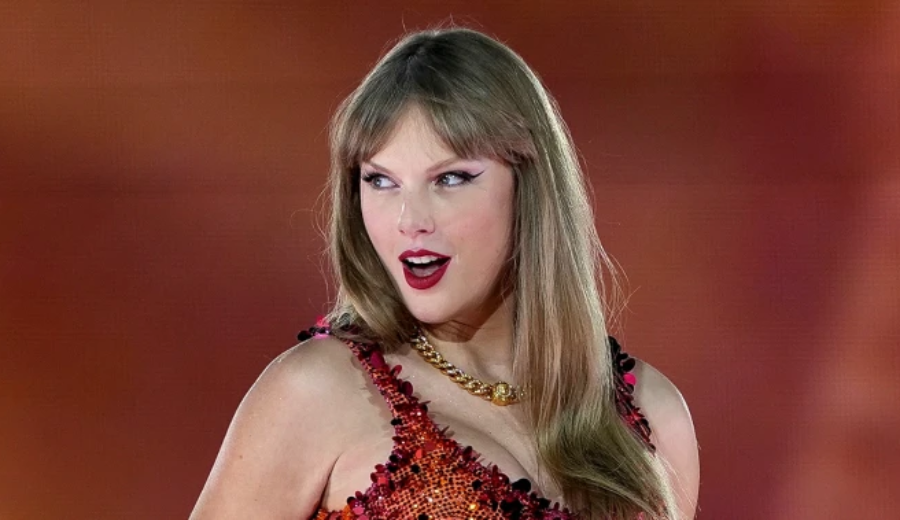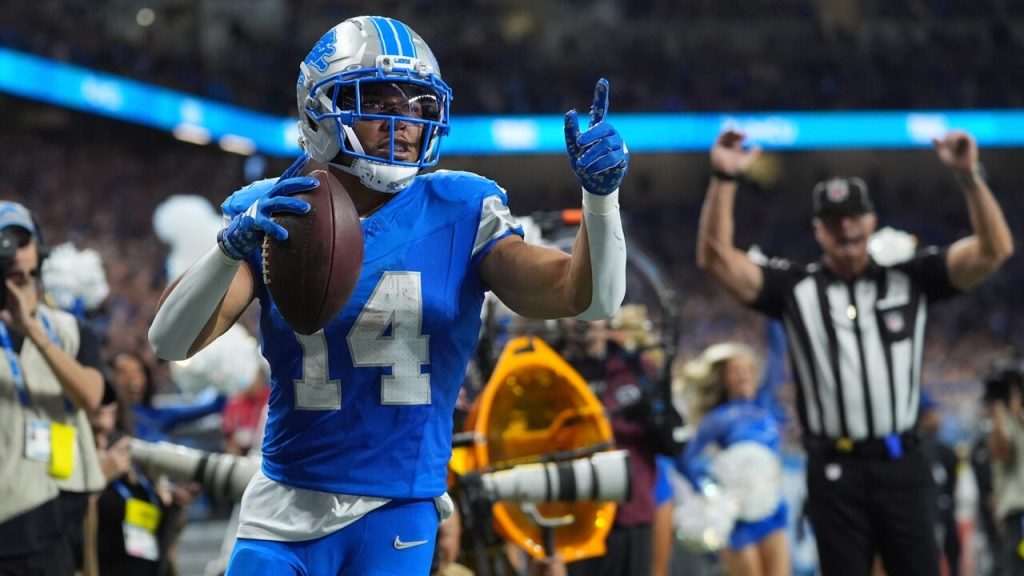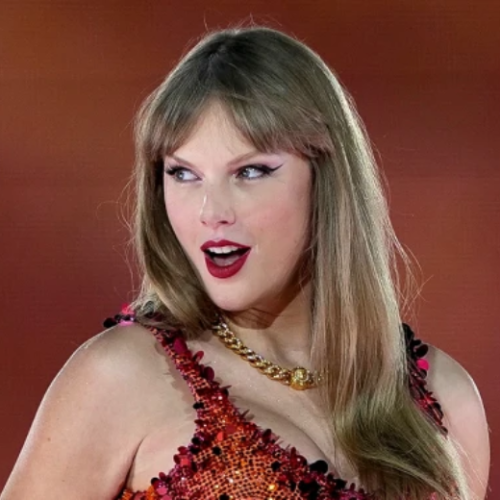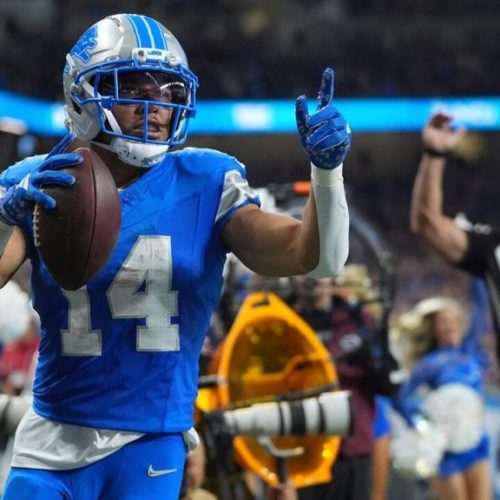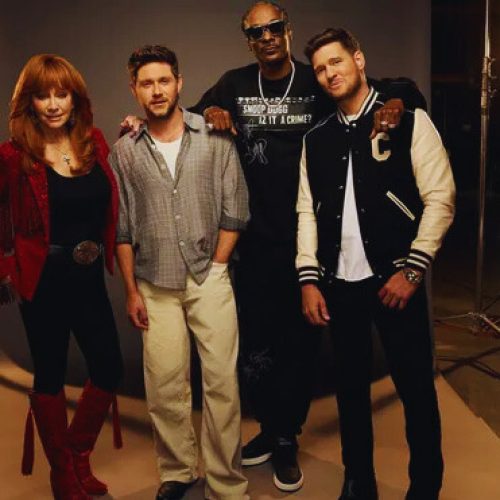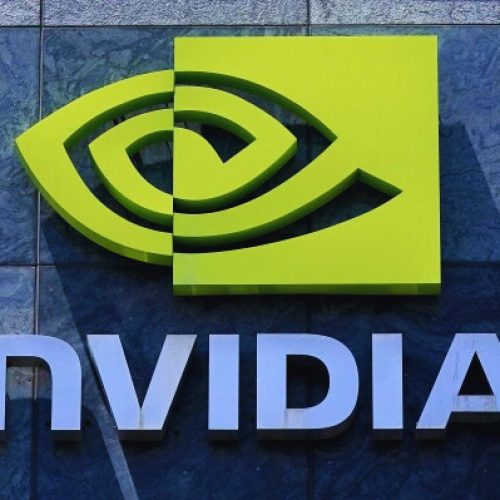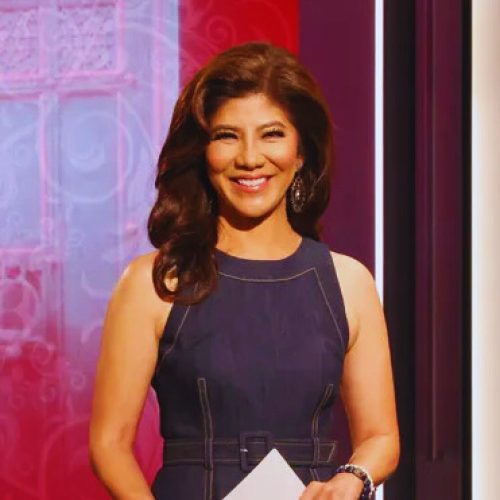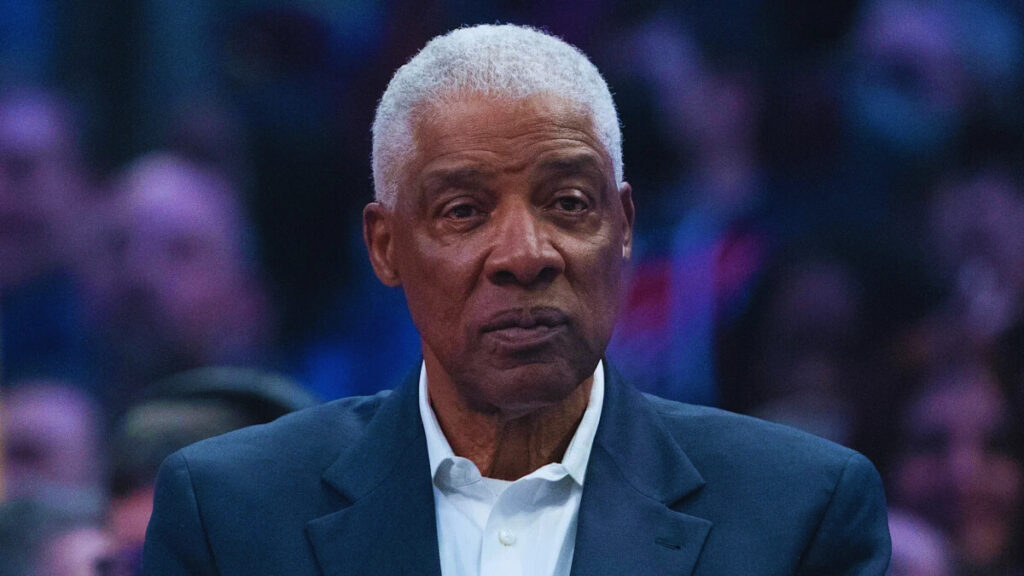
Julius Erving, widely celebrated as one of basketball’s greatest icons, made a historic leap into the business world during the final years of his NBA career. Understanding that smart investments were crucial for life after basketball, Dr. J transitioned into entrepreneurship with strategic moves that would cement his legacy both on and off the court.
In 1985, during his 14th professional season, Erving became the majority owner of the Philadelphia Coca-Cola Bottling Co., partnering with J. Bruce Llewellyn. This acquisition marked the first Black-owned Coca-Cola bottling franchise in history and valued the company at approximately $100 million. At that time, it was ranked as the fourth-largest Black-owned business in the United States. This groundbreaking step not only enhanced Erving’s business portfolio but also amplified his influence as a trailblazer for athletes and minority entrepreneurs alike.
Expanding a Diverse Business Empire
Julius Erving did not stop at the Coca-Cola franchise. In 1990, he launched The Erving Group, Inc., a company providing strategic guidance to startups and established businesses. Beyond consulting, he co-founded Q&A / Venice Music, a venture merging music and technology. His investments also extended to sports and entertainment, including stakes in the National Thoroughbred League and the iconic video game Dr. J vs. Larry Bird, where he opted for equity rather than cash, demonstrating foresight in business ownership.
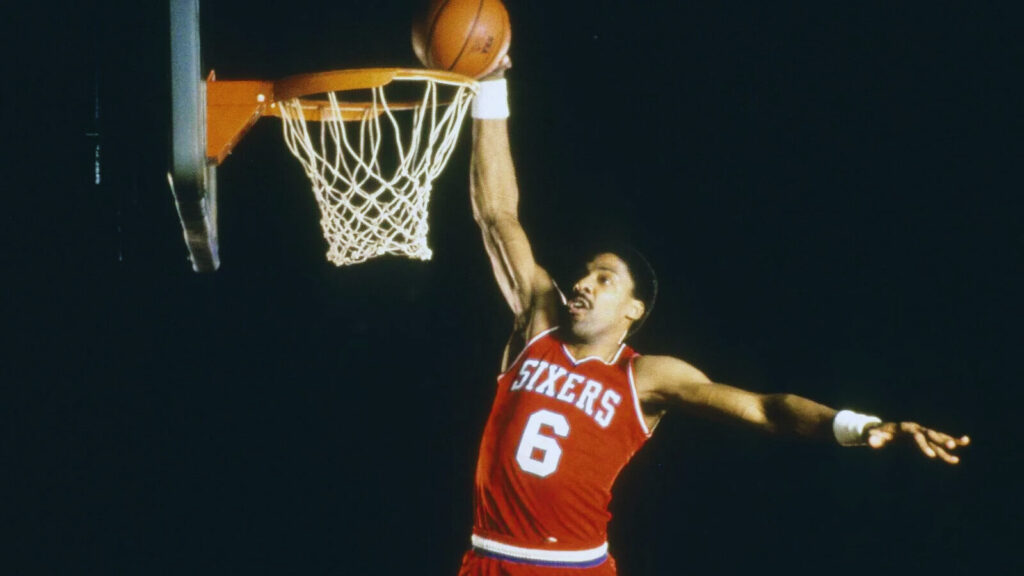
Erving later embraced digital finance, investing in MobileCoin, a cryptocurrency company. His real estate investments further diversified his portfolio, spanning prime commercial and residential properties across the United States.
Admired by Peers for Business Acumen
Erving’s business savvy drew admiration from fellow NBA legends, including Michael Jordan, who regarded Dr. J as a model for combining athletic success with entrepreneurship. “Dr. J was one of the guys that I idolized from the business side of things. I wanted to take that same passage and show that I was more than just a basketball player,” Jordan remarked on the TBOB podcast.
While Julius Erving’s exact net worth is not publicly verified, estimates suggest he has amassed around $50 million. His career demonstrates that even the greatest athletes can successfully transition into business, leaving an enduring legacy that inspires future generations of players and entrepreneurs alike.

